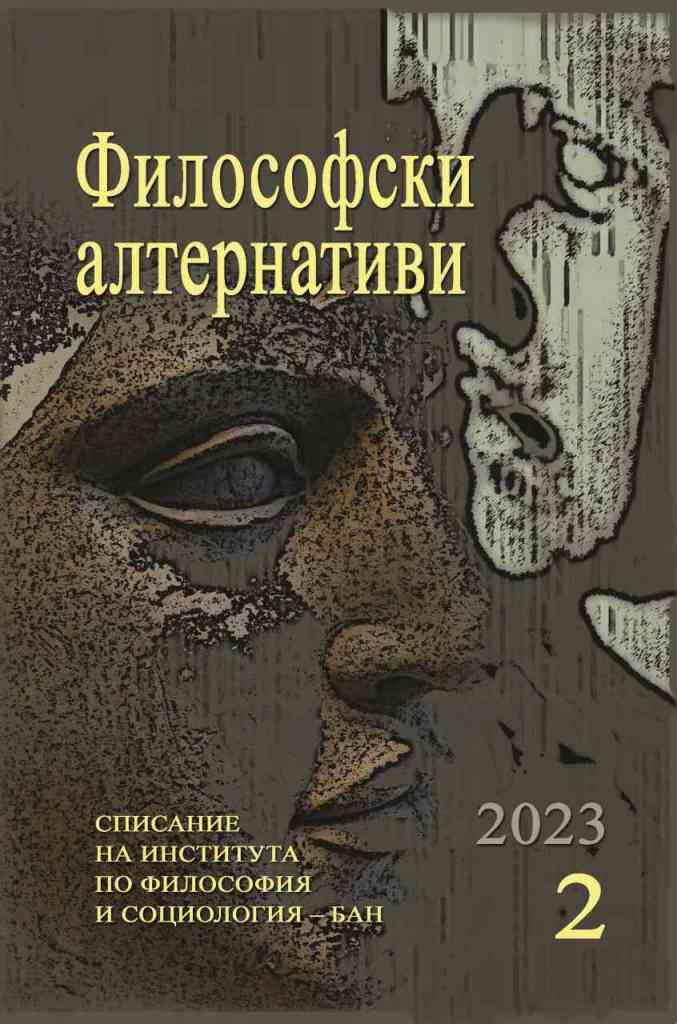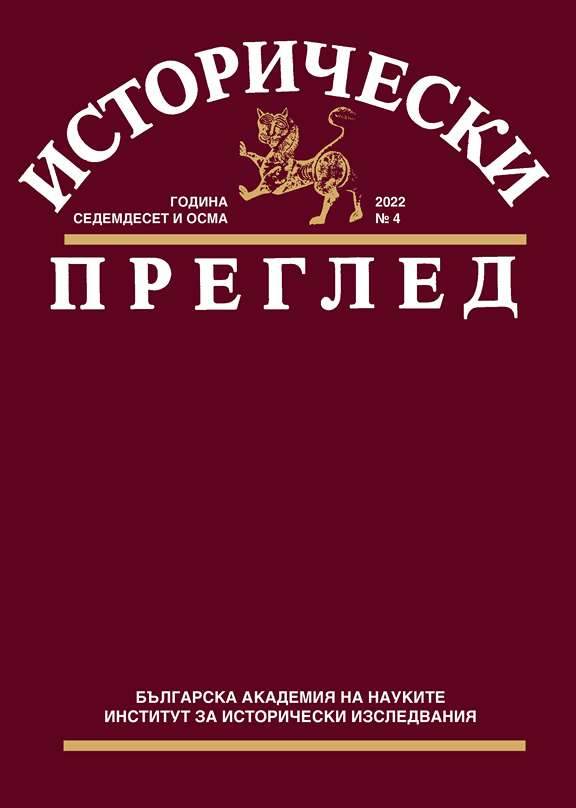Ljubov Kisseljova magnum opus
Review of: Ljubov Kisseljova. Eesti-vene kultuuriruum. Vene keelest tõlkinud Malle Salupere, Mall Jõgi, Silvi Salupere. Tõlke redigeerija Silvi Salupere. Tartu: Tartu Ülikooli Kirjastus, 2017. 376 lk.
More...We kindly inform you that, as long as the subject affiliation of our 300.000+ articles is in progress, you might get unsufficient or no results on your third level or second level search. In this case, please broaden your search criteria.
Review of: Ljubov Kisseljova. Eesti-vene kultuuriruum. Vene keelest tõlkinud Malle Salupere, Mall Jõgi, Silvi Salupere. Tõlke redigeerija Silvi Salupere. Tartu: Tartu Ülikooli Kirjastus, 2017. 376 lk.
More...
Reviews of: Mihkel Mutt. Kõik on hästi. Mõtted II. Tallinn: Fabian, 2018. 191 lk. Lehte Hainsalu. Olla üheksavägine. (Aja lugu.) [Tartu:] Petrone Print, 2018. 168 lk. Heili Reinart. Õrnad ja tugevad. Unustatud ja unustamatud naised Eesti ajaloost. Tallinn: Post Factum, 2018. 255 lk. Kroonikast epitaafini. Eesti- ja Liivi¬maa varauusaegsest haridus- ja kultuurielust. (Rahvusarhiivi toi-metised 1 (32).) Koostaja Katre Kaju. Tartu: Rahvusarhiiv, 2017. 472 lk. Ülo Matjus. Raamat on raamat. Artikleid ja ettekandeid aastaist 1953–2017. (Ilmatargad.) Tartu: Ilma-maa, 2018. 336 lk. Eda Kalmre. What a Wonderful World of Legends! Articles on rumours and legends. Koost, toim E. Kalmre, tõlkijad Kait Tamm, Tiina Mällo. Tartu: ELM Scholarly Press, 2018. 302 lk.
More...
Reviews of: Andrus Kivirähk. Sinine sarvedega loom. Tallinn: EKSA, 2019. 294 lk Eero Epner. Konrad Mägi. Tallinn: Sperare, 2017. 528 lk
More...
Review of: Szilárd Tibor Tóth. Tartu kirjakeele raamid Johannes Gutslaffi grammatikast (1648) „Kodolaste raamatuni” (1913). (Tallinna Ülikooli humanitaarteaduste dissertatsioonid 52.) Tallinn: Tallinna Ülikool, 2019. 255 lk
More...
Reviews of: Die Ostsee. Berichte und Geschichte aus 2000 Jahren. Koost Klaus-Jürgen Liedtke. Köln: Galiani Berlin, 2018. 650 lk. Kadri Viires. Kaugelt näeb lähemale. Eesti Kunstiakadeemia uurimisreisid soome-ugri rahvaste juurde 1978–2012. [Tallinn:] Argo, Eesti Kunstiakadeemia, 2019. 335 lk.
More...
Review of: Pille Arnek. Eestikeelsed tekstid 16.-19. sajandi Põhja-Eesti hauatähistel. (Tallinna Ülikooli humanitaarteaduste dissertatsioonid 54.) Tallinn: Tallinna Ülikool, 2019. 333 lk
More...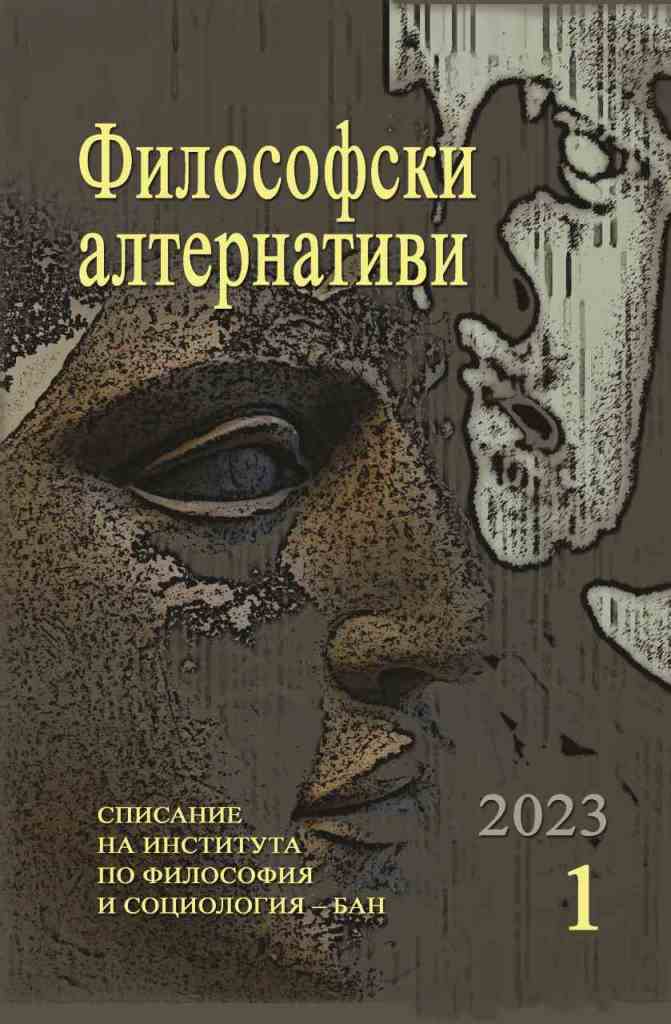
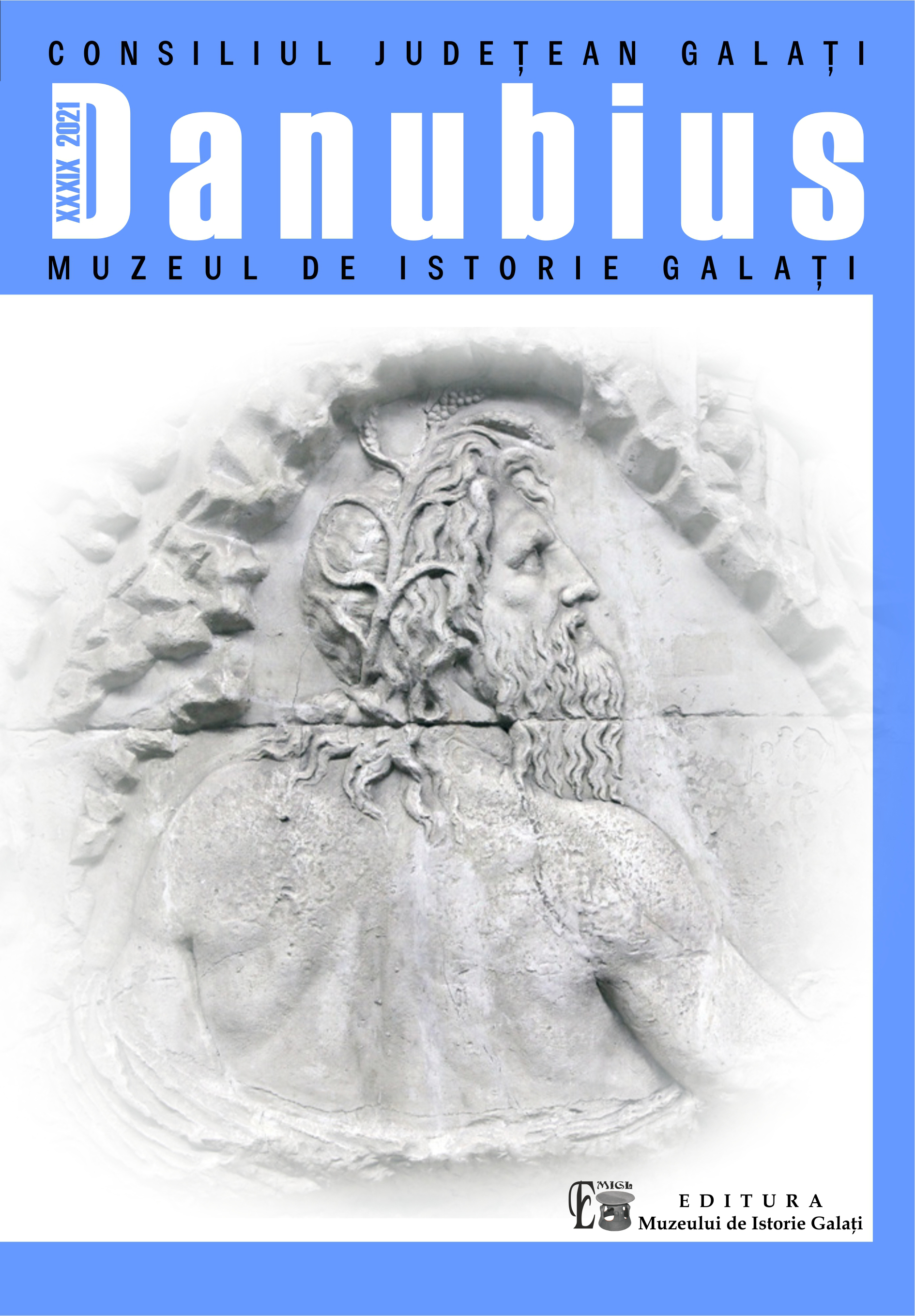
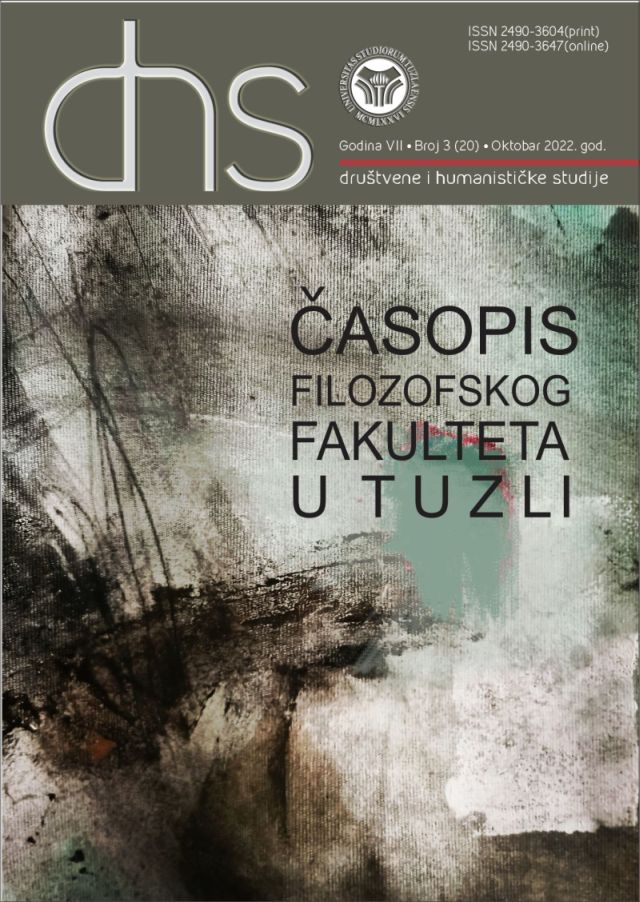
Review of: Fikret Muslimović, Selmo Cikotić, Zločini u oružanoj agresiji na Republiku Bosnu i Hercegovinu 1992-1995. godine, Udruženje za zaštitu tekovina borbe za Bosnu i Hercegovinu, Sarajevo, 2021.
More...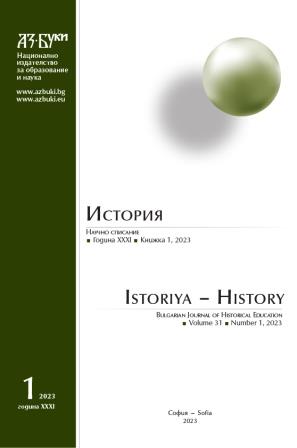
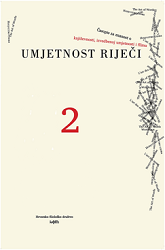
Review of: Mihail M. Bahtin, Teorija romana, preveli Ivo Alebić i Danijela Lugarić Vukas, Zagreb: Edicije Božičević, 2019, 661 str.
More...
Review of: Biljana Andonovska, Tomislav Brlek, Adrijana Vidić (ur.), Modernizam i avangarda u jugoslovenskom kontekstu I–II, Beograd: Institut za književnost i umetnost, 2021/2022, 222 str. I. i 188 str. II.
More...
Review of: Stephen B. Riegg, Russia’s Entangled Embrace: The Tsarist Empire and the Armenians, 1801– 1914 (Ithaca: Cornell University Press, 2020).
More...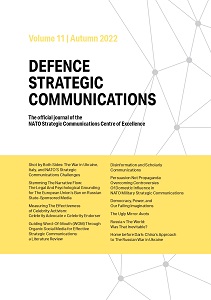
A Review Essay by Paul Bell: Liberalism and Its Discontents Francis Fukuyama. London: Profile Books, 2022. Disorder: Hard Times in the 21st Century Helen Thompson. Oxford: Oxford University Press, 2022.
More...
A Review Essay by James P. Farwell: Germany’s Russia Problem John Lough. Manchester: Manchester University Press, 2021. Not One Inch: America, Russia, and the Making of the Post-Cold War Stalemate. M.E. Sarotte. New Haven: Yale University Press, 2021.
More...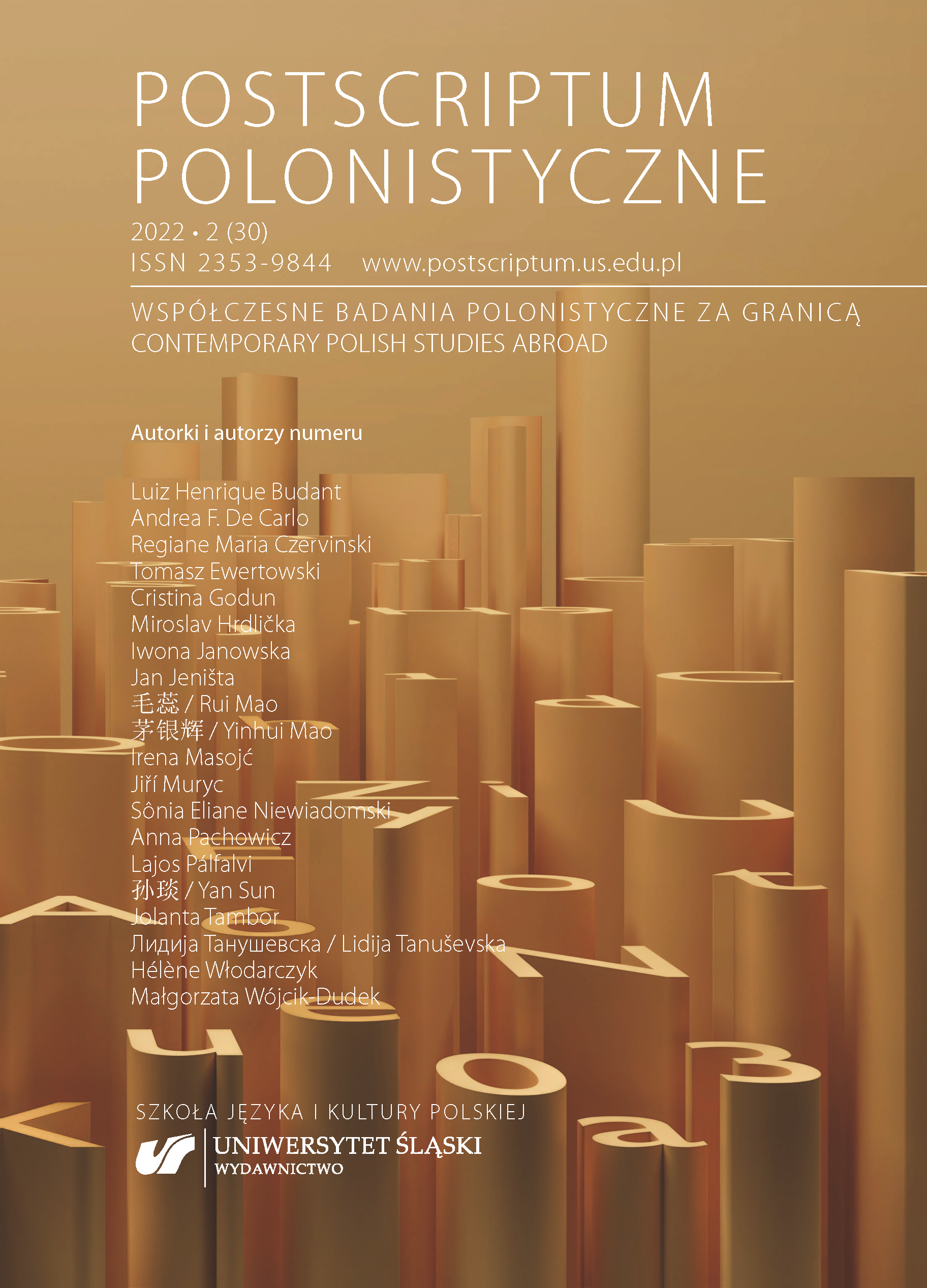
A review article entitled “Memory and… Care” is an in-depth discussion of the book by Sławomir Jacek Żurek Odpamiętywanie polsko-żydowskie. Szkice – Studia – Interpretacje [The Polish-Jewish de-remembering: Essays – Studies – Interpretations] published in 2021 by The Learned Society of the John Paul II Catholic University of Lublin. The said publicaton by the Lublin-based scholar contains a multi-layered reception of the most recent findings in the field of memory studies, which at the same time purports to utilise them in the process of reading particular literary texts dealing with Polish-Jewish relations. Żurek directs his interpretative endeavour among others at: the poetic dialogue between Franciszka Arnsztajnowa and Józef Czechowicz, the ouevre of Arnold Słucki, the particular vision of Poland sustained in texts by Jewish émigré poets, and at the contemporary literary narratives regarding the Shoah, which oftentimes enter into popocultural dialogue with traditional Jewish topoi. The author’s main claim seems to be that more than 30 years of working through memory within the framework of historical, cultural and literary analyses, has not only hepled to restore correct proportions of the Polish Jews’ contribution to the Polish culture, but most of all to verify the stereotypes pertaining to the Jews’ relationships with non-Jews. The publication has been commended by scholars focused on studies of Polish-Jewish relations and the memory of the Holocaust, while the present review article is a critical discussion of theses put forward by Żurek.
More...